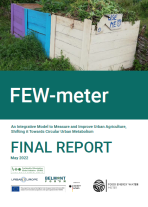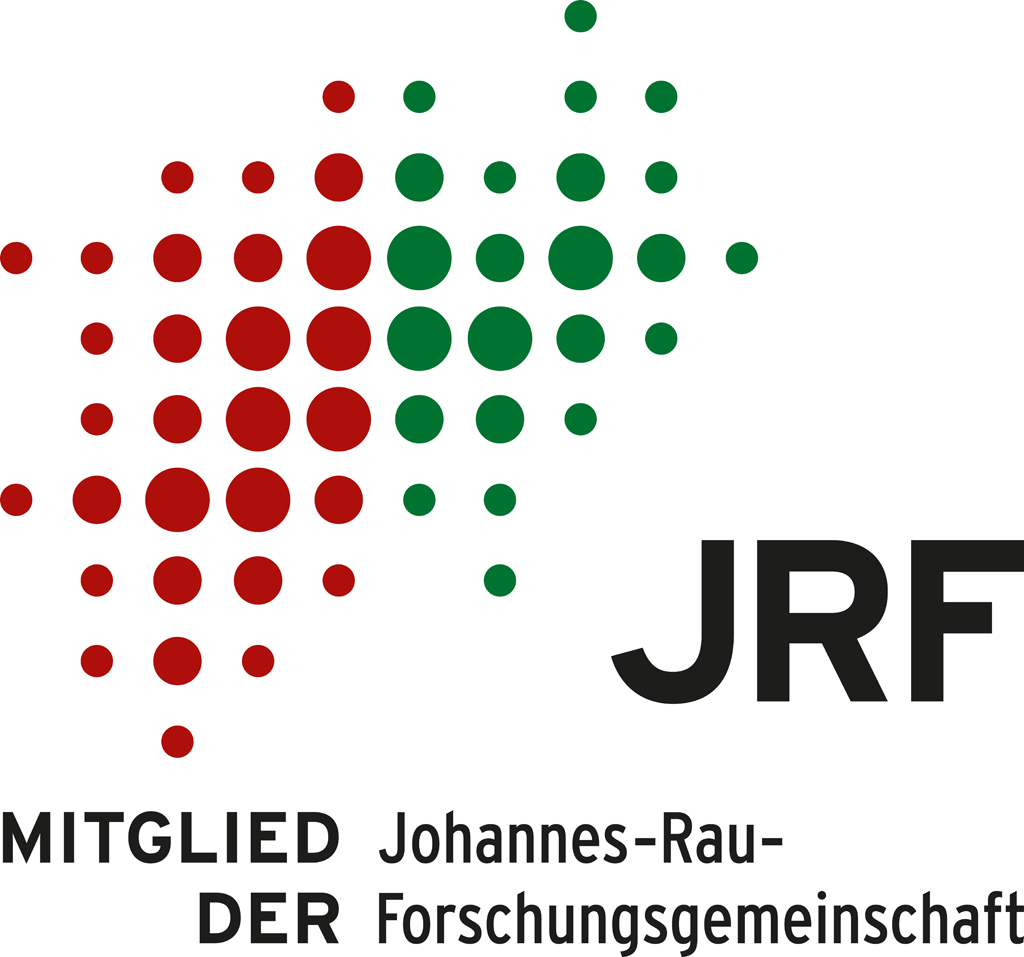Veröffentlicht am: 18. Mai 2022
FEW-meter. An Integrative Model to Measure and Improve Urban Agriculture, Shifting it Towards Circular Urban Metabolism. Final report.

| By: Silvio Caputo, Erica Dorr, Runrid Fox-Kämper, Jason K. Hawes, Agnes Lelièvre, Josh Newell, Lidia Poniży, Victoria Schoen, Liliane Jean-Soro, Kathrin Specht, Rokiah Yaman
May 2022 |
| Digital available here ( |
An increasing number of urban gardeners, farmers and community groups are committing themselves to growing food in cities to improve their health, their lives and their neighbourhoods. But although urban agriculture is expanding, there is little evidence of its sustainability and efficiency. In the FEW-meter project (FEW = short for Food, Energy, Water), the environmental, economic and social impacts of growing food in the city have been studied over the past three and a half years. To this end, both the quantities of food produced and the energy and water consumption required for it (FEW-Nexus) were recorded, the ecological footprint was determined on the basis of detailed life cycle analyses, and the social impact was also examined.
Research teams from five countries collected data on the efficiency of urban agriculture in the metropolitan regions of London, Paris, Nantes, Poznań, New York, the Ruhr region, and the Münster metropolitan area during two growing seasons in 2019 and 2020. The extensive data collection was supported by urban gardeners in 74 case studies (including allotments, community gardens and commercial farms). The research team also interviewed farmers and gardeners to identify their motivations for practicing horticulture. Further on team analysed planning and policy reports and papers to ascertain if and how the FEW-nexus is recognised or even embedded in policy. In addition, 16 experts from the five partner countries were interviewed.
We demonstrated the importance of introducing the human element in the FEW-nexus of urban agriculture . The results show that the environmental impact of urban agriculture can be substantial, and productivity sometimes low. But the social benefits of UA are significant. More importantly, the identification of inefficiencies and the development of nexus profiles of diverse agriculture types is an important finding that can be used to improve performance and provide evidence to practitioners, policymakers and researchers.
The FEW-meter project has received funding from the European Union’s Horizon 2020 research and innovation programme (GA No. 730254) under the Belmont Forum and JPI Urban Europe’s call SUGI—FWE Nexus, and the French National Research Agency (ANR), the Federal Ministry for Education and Research Germany (BMBF), the National Science Centre Poland (NSC), the Economic and Social Research Council UK (ESRC) and the National Science Foundation, USA (NSF) Belmont Forum 18929627.
Further information about the project is available on www.fewmeter.org
Aktualisiert am: 25. September 2023





